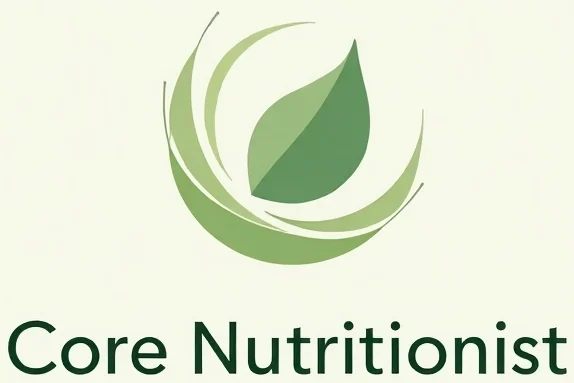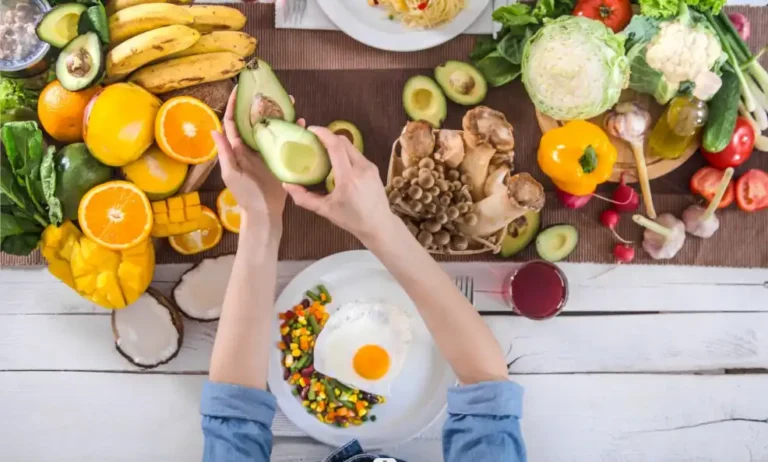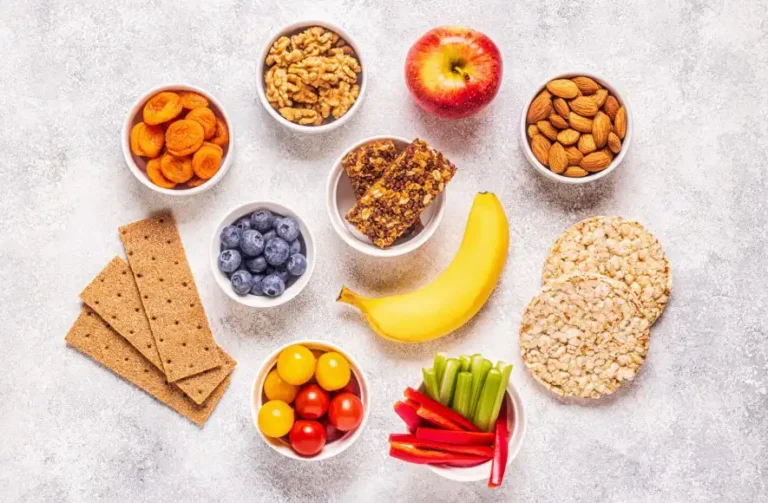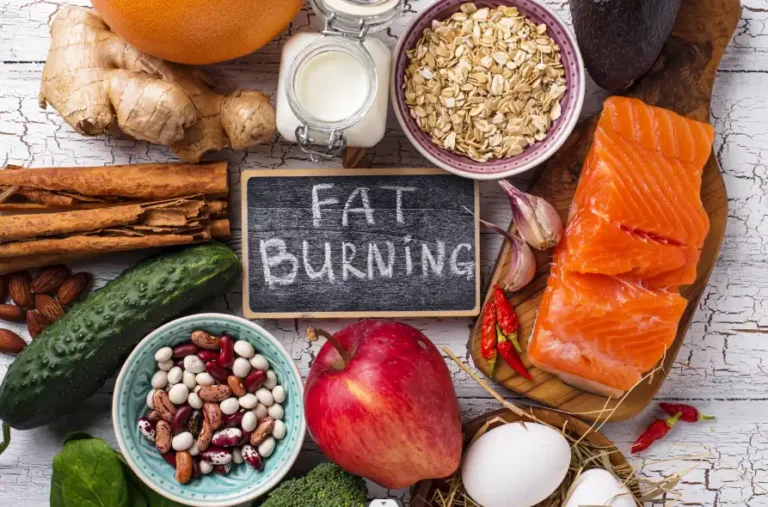Top 10 High-Protein Foods for Weight Loss
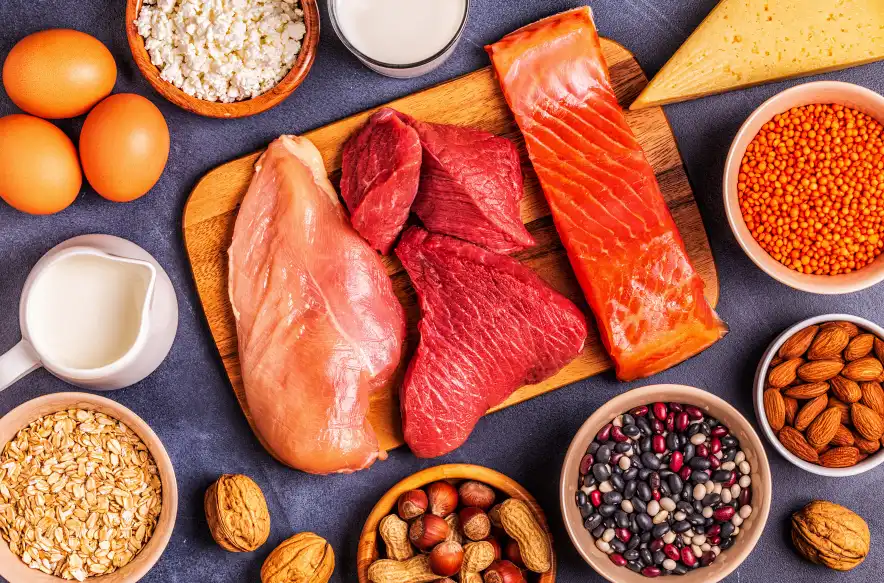
When it comes to effective and sustainable weight loss, protein plays a crucial role. It helps build muscle, reduce appetite, boost metabolism, and promote fat burning. Unlike carbs and fats, protein keeps you fuller for longer, reducing unnecessary snacking and cravings.
In this comprehensive guide, we’ll explore the top 10 high-protein foods for weight loss, their health benefits, and how to incorporate them into your daily meals.
Why Protein is Essential for Weight Loss
Before diving into the list, let’s understand why high-protein foods are beneficial:
- Increases satiety: Keeps you full longer
- Reduces hunger hormones: Lowers levels of ghrelin (the hunger hormone)
- Boosts metabolism: Increases calorie burn through digestion
- Preserves muscle mass: Helps maintain lean muscle while losing fat
- Supports body composition: Encourages fat loss over muscle loss
Adding more protein-rich foods to your diet can help create a calorie deficit without feeling deprived.
1. Chicken Breast
Protein Content: ~31g per 100g
Calories: ~165 kcal per 100g
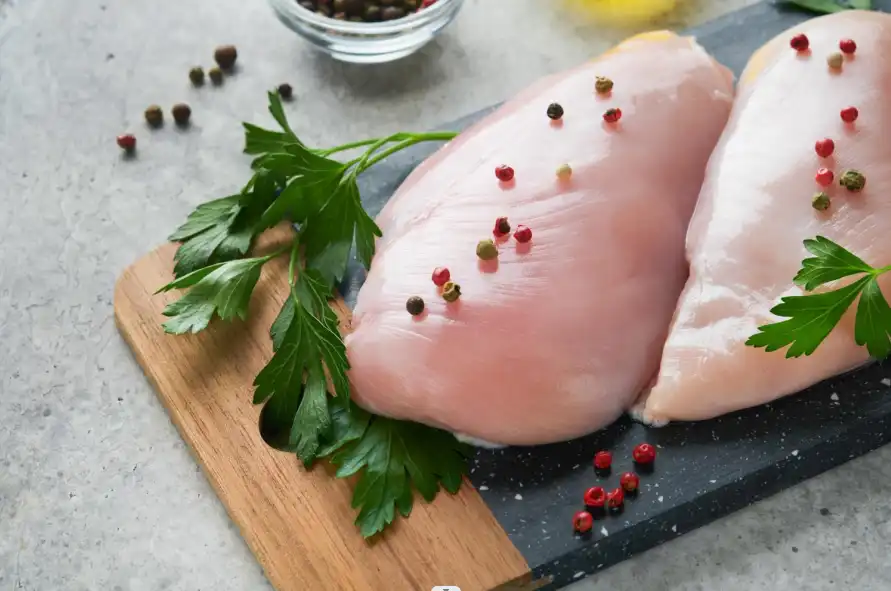
Why it’s great:
Chicken breast is one of the leanest and most versatile sources of protein. It’s low in fat and high in nutrients like niacin and selenium.
How to enjoy it:
Grill, bake, or stir-fry it. Add to salads, wraps, or pair with vegetables for a complete meal.
Weight Loss Tip:
Avoid frying or using heavy sauces. Opt for herbs and spices instead.
2. Greek Yogurt
Protein Content: ~10g per 100g (can be higher in strained versions)
Calories: ~59–120 kcal per 100g
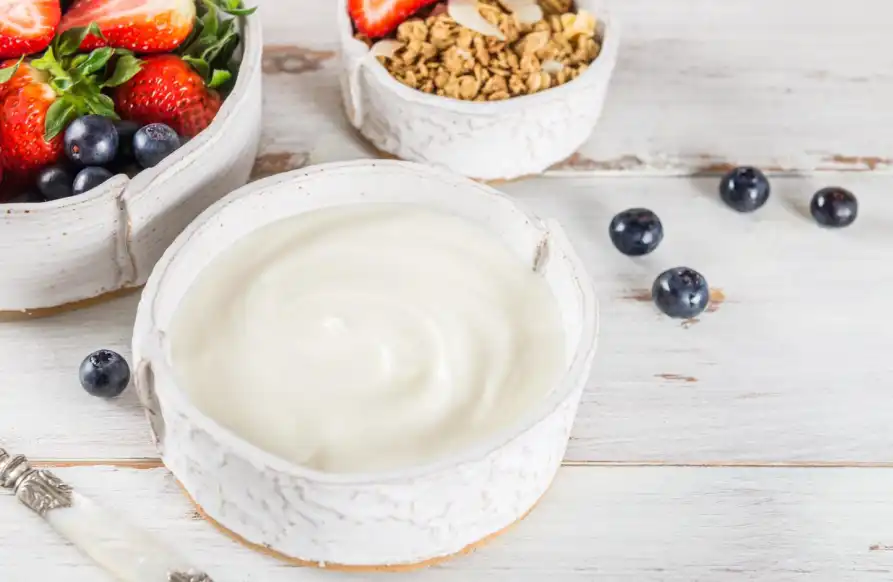
Why it’s great:
Greek yogurt is a probiotic-rich, creamy snack packed with protein. It helps improve gut health and curb sugar cravings.
How to enjoy it:
Top with berries and a sprinkle of chia seeds, or use it in smoothies, dressings, or dips.
Weight Loss Tip:
Choose plain, unsweetened Greek yogurt to avoid added sugars.
3. Eggs
Protein Content: ~6g per egg
Calories: ~70 kcal per egg
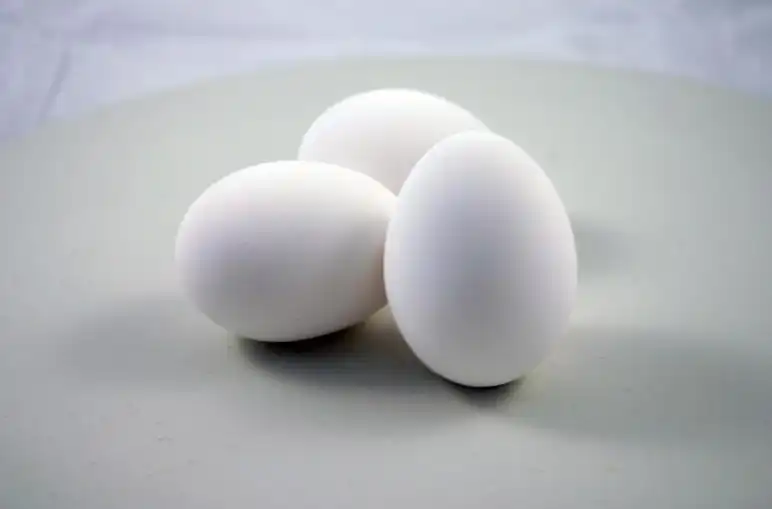
Why it’s great:
Eggs are a complete protein, meaning they contain all nine essential amino acids. They’re rich in vitamins and antioxidants like choline and lutein.
How to enjoy it:
Boiled, poached, scrambled, or in omelets. Great for breakfast or as a snack.
Weight Loss Tip:
Eat the whole egg — the yolk contains nutrients that support fat metabolism.
4. Lentils
Protein Content: ~9g per 100g (cooked)
Calories: ~116 kcal per 100g
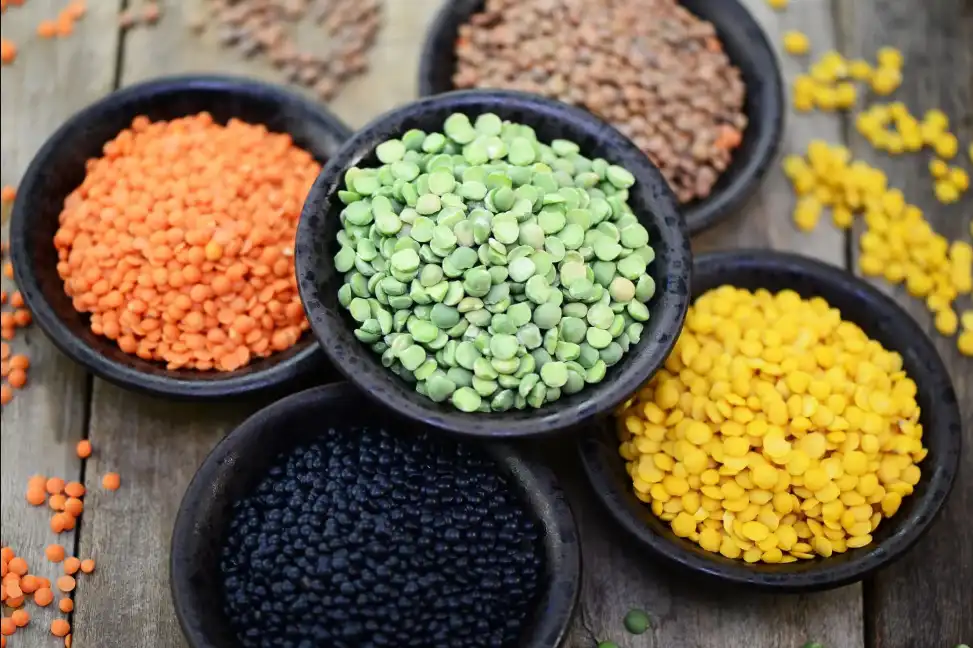
Why it’s great:
Lentils are a plant-based protein powerhouse, rich in fiber and iron. They help keep you full and stabilize blood sugar.
How to enjoy it:
Use in soups, salads, curries, or veggie burgers.
Weight Loss Tip:
Pair lentils with a whole grain like brown rice for a complete amino acid profile.
5. Cottage Cheese
Protein Content: ~11g per 100g
Calories: ~98 kcal per 100g
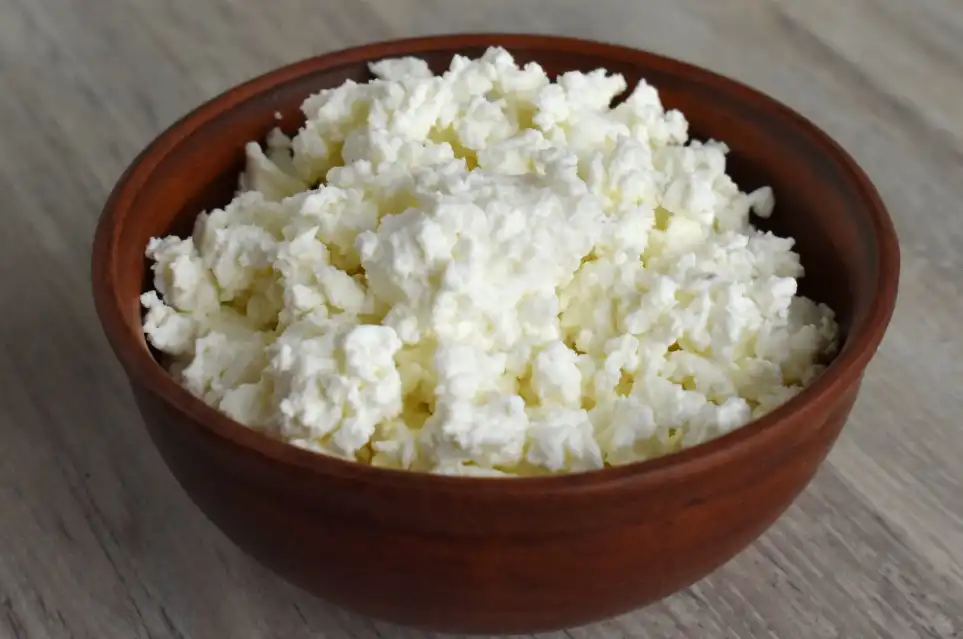
Why it’s great:
Cottage cheese is low in fat and high in casein, a slow-digesting protein that keeps you satisfied longer.
How to enjoy it:
Mix with fruit, herbs, or spices. Enjoy as a snack or breakfast option.
Weight Loss Tip:
Choose low-fat or reduced-sodium versions for a healthier choice.
6. Tuna (Canned or Fresh)
Protein Content: ~25g per 100g
Calories: ~130 kcal per 100g
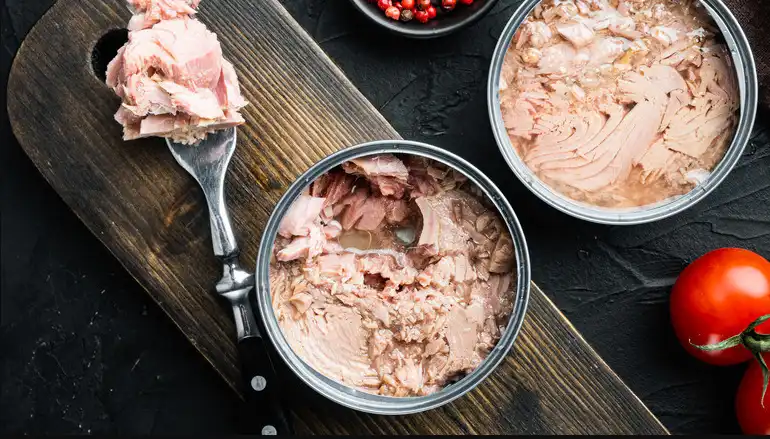
Why it’s great:
Tuna is a lean source of high-quality protein and omega-3 fatty acids, which help reduce inflammation and improve heart health.
How to enjoy it:
Add to salads, wraps, or eat straight from the can with some lemon and pepper.
Weight Loss Tip:
Opt for tuna packed in water instead of oil to reduce calorie intake.
7. Quinoa
Protein Content: ~8g per cup (cooked)
Calories: ~222 kcal per cup
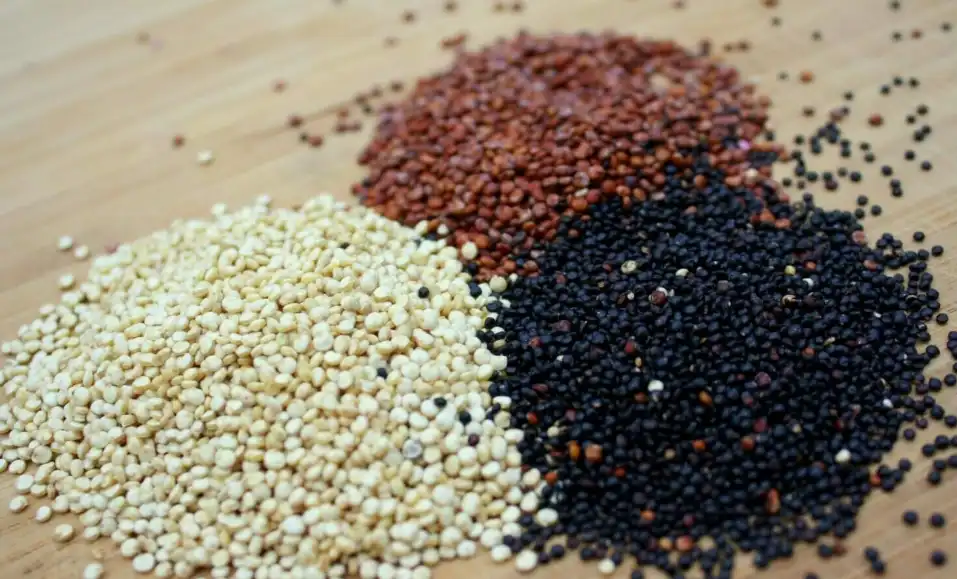
Why it’s great:
Quinoa is one of the few plant-based foods that is a complete protein. It’s also rich in fiber, magnesium, and antioxidants.
How to enjoy it:
Use as a base for salads, grain bowls, or as a side dish in place of rice.
Weight Loss Tip:
Rinse before cooking to remove bitterness and enhance flavor.
8. Tofu
Protein Content: ~10g per 100g
Calories: ~144 kcal per 100g
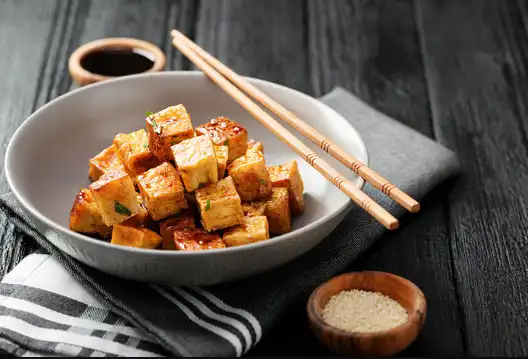
Why it’s great:
Tofu is a soy-based protein that’s rich in calcium, iron, and healthy fats. It’s highly versatile and absorbs flavors well.
How to enjoy it:
Stir-fry, grill, bake, or scramble it. Great in Asian-inspired dishes or vegan recipes.
Weight Loss Tip:
Go for firm or extra-firm tofu for higher protein content and better texture.
9. Salmon
Protein Content: ~20g per 100g
Calories: ~206 kcal per 100g
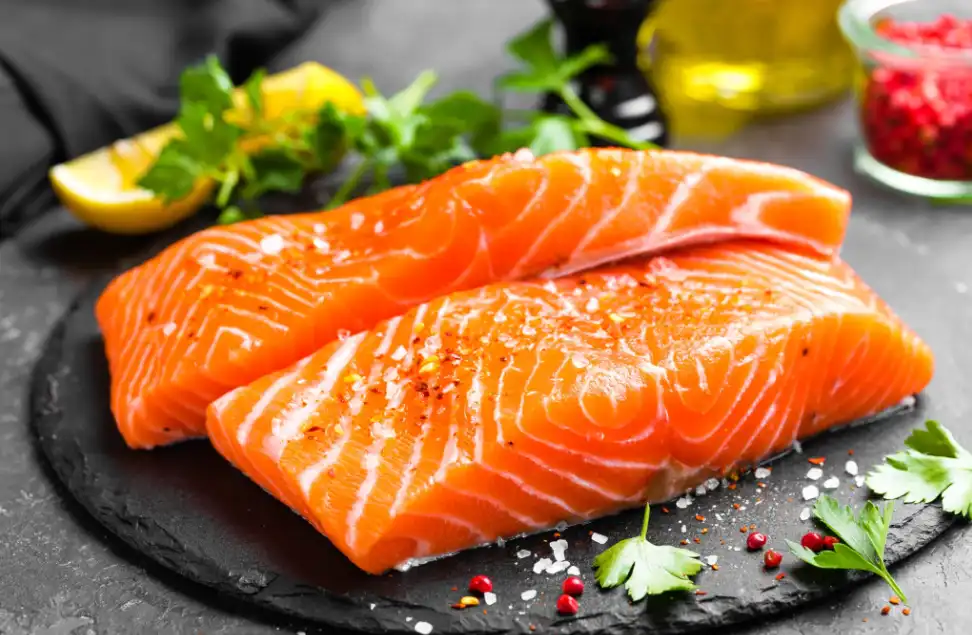
Why it’s great:
Salmon provides high-quality protein and heart-healthy omega-3 fats. It supports metabolism and reduces inflammation.
How to enjoy it:
Grill, bake, or pan-sear with lemon, garlic, and herbs. Serve with veggies for a satisfying meal.
Weight Loss Tip:
Enjoy 1–2 servings per week for optimal health and weight benefits.
10. Almonds
Protein Content: ~6g per 28g (1 oz)
Calories: ~164 kcal per oz
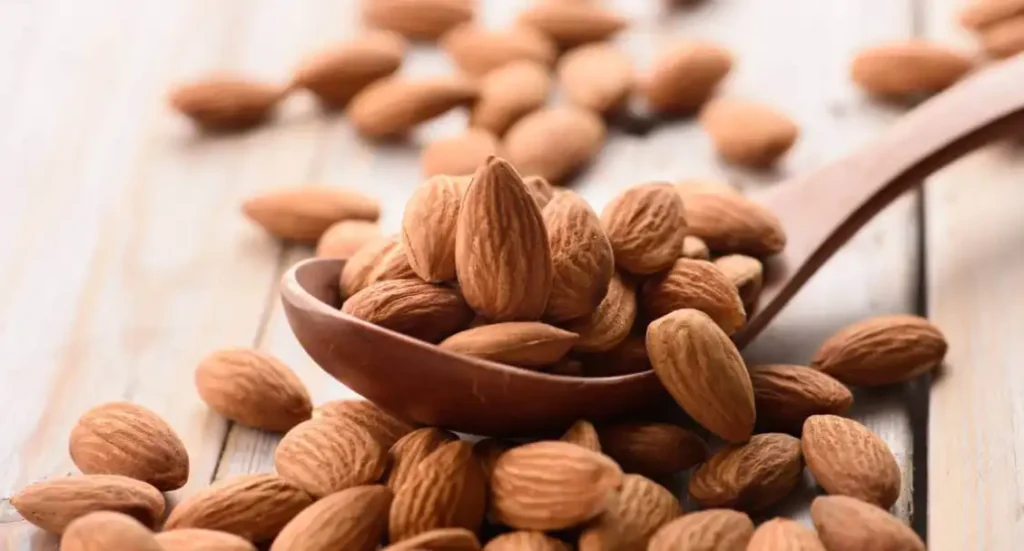
Why it’s great:
Though not as protein-rich as meat or dairy, almonds provide healthy fats, fiber, and plant-based protein that promote fullness.
How to enjoy it:
Snack on a small handful, add to oatmeal or salads, or use almond butter on toast.
Weight Loss Tip:
Watch portion size — they’re calorie-dense, so moderation is key.
How Much Protein Do You Need for Weight Loss?
Your protein needs depend on your weight, activity level, and goals. A general recommendation is:
- 0.8–1.2 grams per pound of body weight (1.6–2.6g per kg) for active individuals aiming for fat loss.
For a 150-pound person:
150 x 1 = 150g of protein/day (approx.)
Spread your protein intake across all meals and snacks for better absorption and satiety.
Tips for Adding More Protein to Your Diet
- Start your day with eggs or Greek yogurt
- Add lean meats or legumes to lunch and dinner
- Use protein shakes if needed
- Snack on boiled eggs, cottage cheese, or nuts
- Cook in bulk and prep meals in advance
Final Thoughts
Incorporating high-protein foods into your diet can significantly boost your weight loss efforts, improve body composition, and keep you satisfied throughout the day.
By choosing the right combination of animal and plant-based proteins, you’ll ensure a balanced, nutrient-dense approach to losing weight — one that’s both effective and sustainable.
